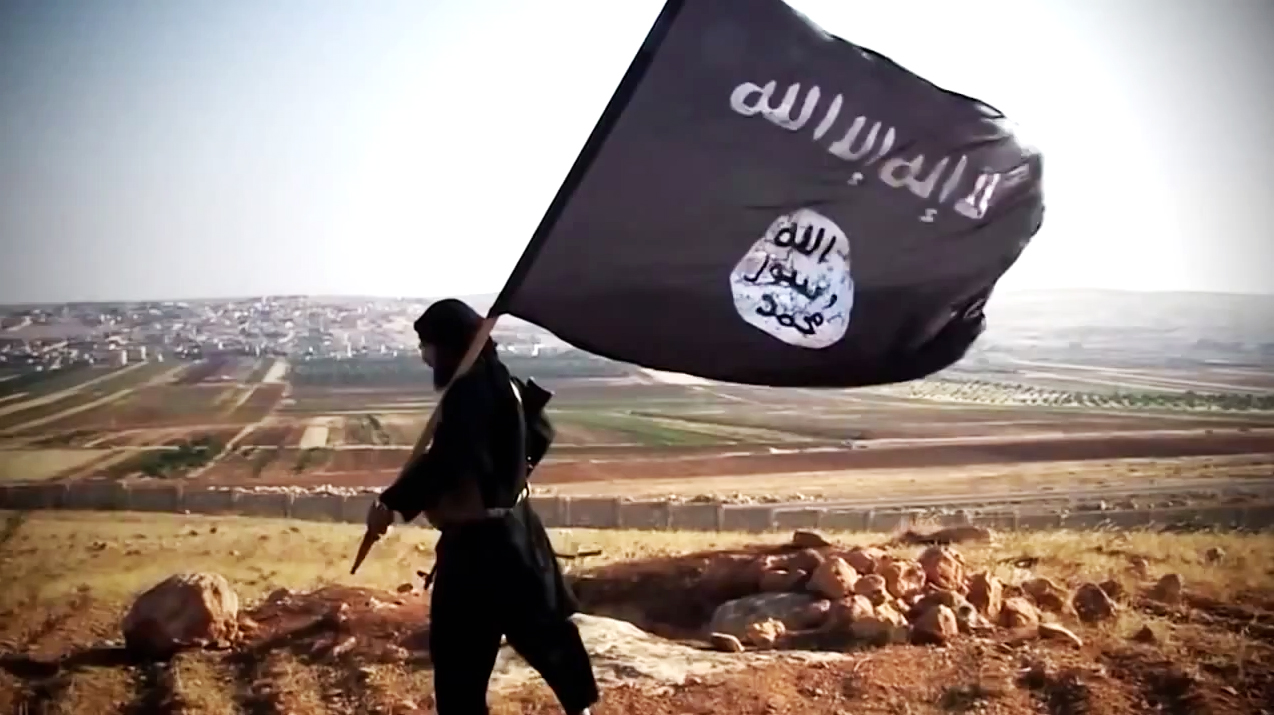THE CRUMBLE OF ISIS IN SOMALIA
The Islamic State in Somalia (ISS) was formed in 2015 when Abdulqadir Mumin, a former al-Shabab member and extremist preacher with citizenship in Sweden and the UK, pledged allegiance to …
Loading...

ISIS is increasingly expanding its foothold in Africa, with significant activities in regions like the Sahel, West Africa, East Africa, and Central Africa. Following its collapse in the Middle East, the group has moved to exploit instability and ungoverned spaces in parts of Africa to regroup and rebuild.
ISIS has established strongholds from which to conduct attacks, and maintain territorial control. Countries such as Nigeria, Mali, Burkina Faso, Sudan and Niger are hotspots for ISIS-affiliated groups like ISWAP, Boko Haram, and the Allied Democratic Forces (ADF).
The group’s Al Karrar office based in Somalia under the leadership of Abdul Qadir Mumin is reportedly bankrolling Africa-wide operations.Furthermore, IS Somalia Province as its referred, hosts regional IS offices that oversee other African affiliates and coordinate financing, directives and other support between the IS personnel in local theatres, the global IS network and central IS leadership. UN Security Council investigators uncovered an Iraqi national named Abu Bakr Al-Iraqi, a veteran figure within ISIS, is overseeing ISIS cells in Sudan and financing operations through illicit means in Turkey.
The Global Terrorism Index 2024 highlights the Central Sahel as the epicenter of terrorism with Islamic State’s African affiliates accounting for nearly 70% of all IS-claimed attacks in 2024 and 64% of all IS-claimed casualties globally. IS’s African affiliates contribute to its external plots through the Global Directorate of Provinces and increase the risk of lone-wolf attacks in parts of Europe, America, Middle East among other regions.
The factors enabling ISIS’s foothold in Africa include weak governance, political instability, and socioeconomic challenges such as poverty and unemployment. Ethnic violence, porous borders, and ineffective or abusive security forces create conditions that extremist groups exploit to recruit and operate. Local grievances and lack of public services in troubled parts of thecontinent further facilitate the group’s ability to co-opt vulnerable populations and expand its influence.
ISIS relies on propaganda to attract fighters and foster a sense of community and demonstrate its persisting strength around the globe despite no longer controlling a territorial caliphate similar to its early stagesin Syria and Iraq. IS propaganda videos emerging in late December and early January encourage its fighters in the Middle East to reinforce their presence in parts of East and West Africa.
The consequences of ISIS’s foothold in Africa are profound, with implications for regional and global security. Terrorist activities disrupt trade and investment while eroding state sovereignty and fueling displacement and violence. Additionally, the group’s propaganda and transnational networks heighten the risk of global terrorism, enabling ISIS to sustain its operations despite military efforts to counter it. This growing influence threatens to solidify Africa as a key base for ISIS’s global strategy.